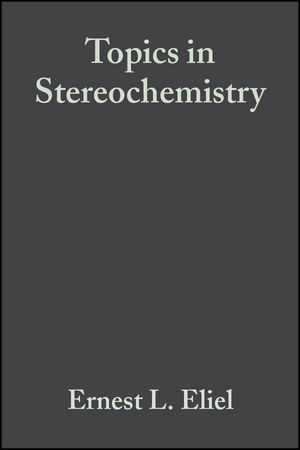
1948), then joined the faculty at the University of Notre Dame (1948-72). At the war's end he went to the University of Illinois (Ph.D. Using NMR extensively, he probed the idea that the most reactive conformation of a flexible molecule might not be its most stable conformation.Įliel was born in Cologne, Germany but when the Nazis came to power he moved successively to Scotland, Canada, and then Cuba where he received the B.S. Eliel's research also focused on stereochemistry, particularly on the conformational analysis of mobile systems, cyclohexanes and saturated heterocycles. Wilen (1994), with its 1267 pages, may well be the last single-volume compendium on this subject.

The monumental latest version "Stereochemistry of Organic Compounds", co-authored with S. Eliel's textbook "Stereochemistry of Carbon Compounds" (1962) and another text that he co-authored, "Conformational Analysis" (1965) profoundly influenced several generations of organic chemists.


 0 kommentar(er)
0 kommentar(er)
